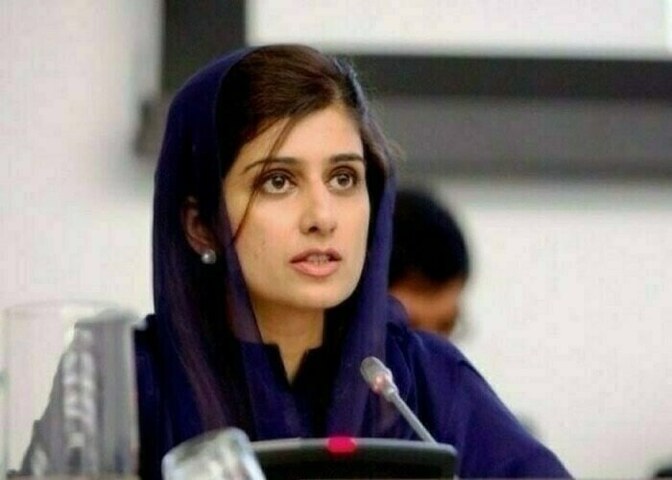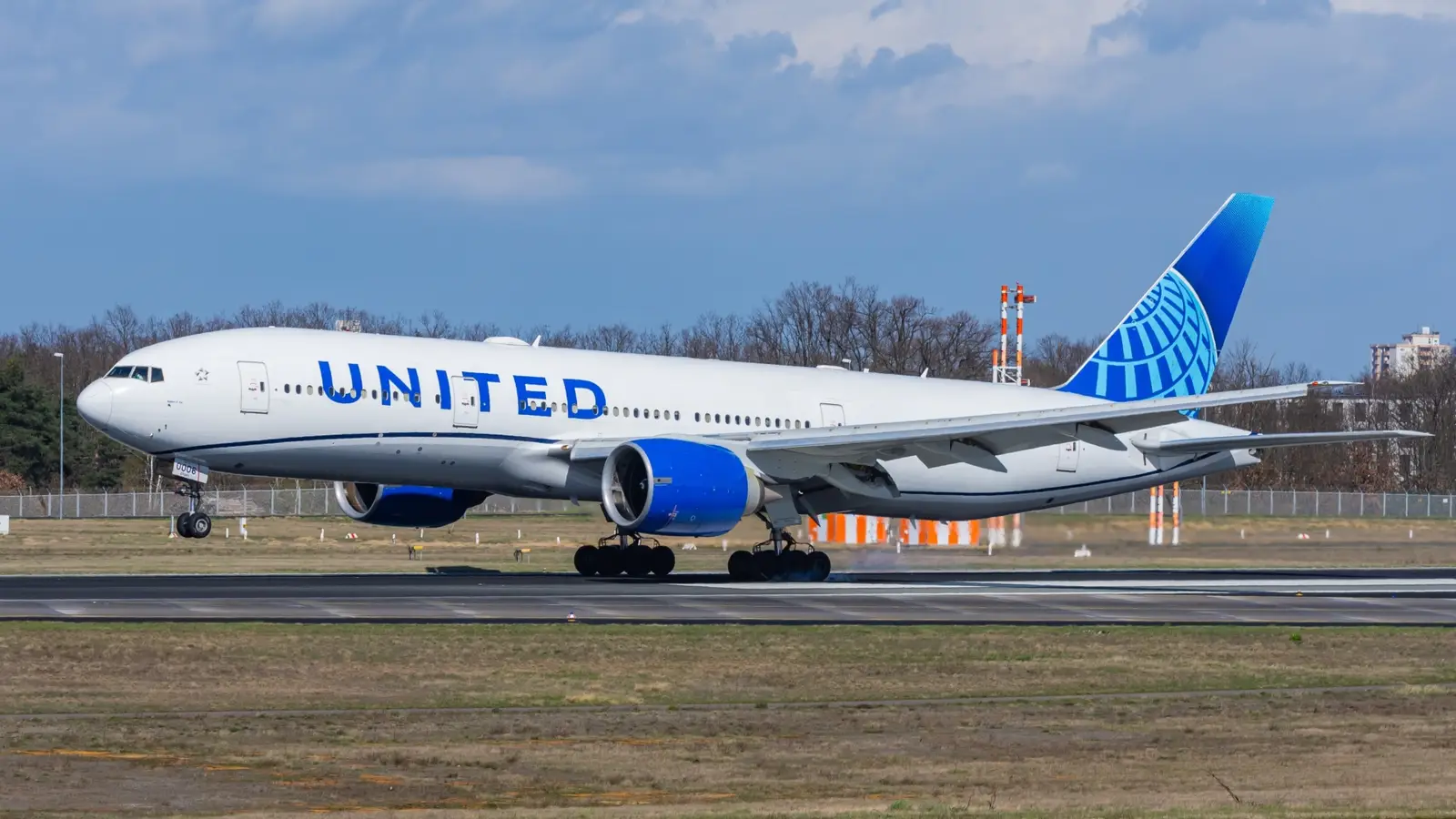By Naveed Siddiqui
Copyright brecorder

ISLAMABAD: The Ministry of Foreign Affairs (MOFA) informed the National Assembly Standing Committee on Foreign Affairs that trade with Central Asian countries, including Afghanistan, has reached USD 2.4 billion mark. The 14th meeting of the Standing Committee on Foreign Affairs was held here on Tuesday with Hina Rabbani Khar in the chair.
The committee reviewed ongoing initiatives aimed at strengthening trade and connectivity with the Central Asian States, as well as matters related to Pakistan’s recent diplomatic engagements at the global and regional levels.
The chairperson of the committee said that during the years 2014 and 2015, trade volume with Afghanistan alone was significantly higher. The MOFA officials, however, explained that the reason for this was the higher volume of construction material supplies, including cement, iron, and others, before the withdrawal of US forces from Afghanistan.
The MOFA officials also mentioned that trade with other Central Asian countries is not so easy either, and whatever trade is currently taking place is happening via Dubai.
The committee was also told that visas and security for Pakistani and Afghan drivers are major challenges, and security issues with Afghanistan and Iran are additional obstacles to trade.
According to MOFA officials, the lack of coordination in transport policies among regional countries and faulty internal policies are also major obstacles to regional trade.
The National Logistic Cell (NLC) briefed the committee, stating that all types of trade between China and Pakistan have come to a halt due to a strike at the Sost border during the past two months.
Over 64 NLC trucks are stranded, as protestors were demanding some tax concessions from the FBR.
The officials stated that 15 companies are registered for transporting goods in the region, but over 90 percent of the trade is being handled by the NLC.
Furthermore, the Director General of Railways said that the Islamabad-Tehran-Istanbul route will be completed by 2028. The DG Railways further stated that salt and rice shipments for Russia have been shifted to the sea route due to the Jaffar Express incident.
They said that payment issues with banks in the region are also a major challenge, and the frequent closure of borders is a significant barrier to trade with Central Asian countries.
During the briefing on regional connectivity, the committee was informed about potential trade and transit routes and how they could enable Pakistan to achieve its objective of becoming a long-term regional connectivity hub, provided certain operational challenges are addressed.
While commenting on the briefing, Hina Rabbani Khar observed that, although some geopolitical realities cannot be changed, consistency in policy and decision-making can strengthen Pakistan’s position as a credible trade and transit partner. The Committee further underscored the importance of prioritizing projects based on their viability.
On the agenda of high-level inbound and outbound diplomatic engagements, the MOFA briefed the Committee that Pakistan has witnessed a noticeable increase in its diplomatic outreach, despite prevailing global uncertainties. Recent regional developments have strengthened the trust of partner countries in Pakistan, reaffirming its role in regional and international affairs. The committee, among other matters, welcomed the mutual defence and security cooperation agreement between Pakistan and Saudi Arabia, expressing confidence that it would further strengthen bilateral relations.
Copyright Business Recorder, 2025



